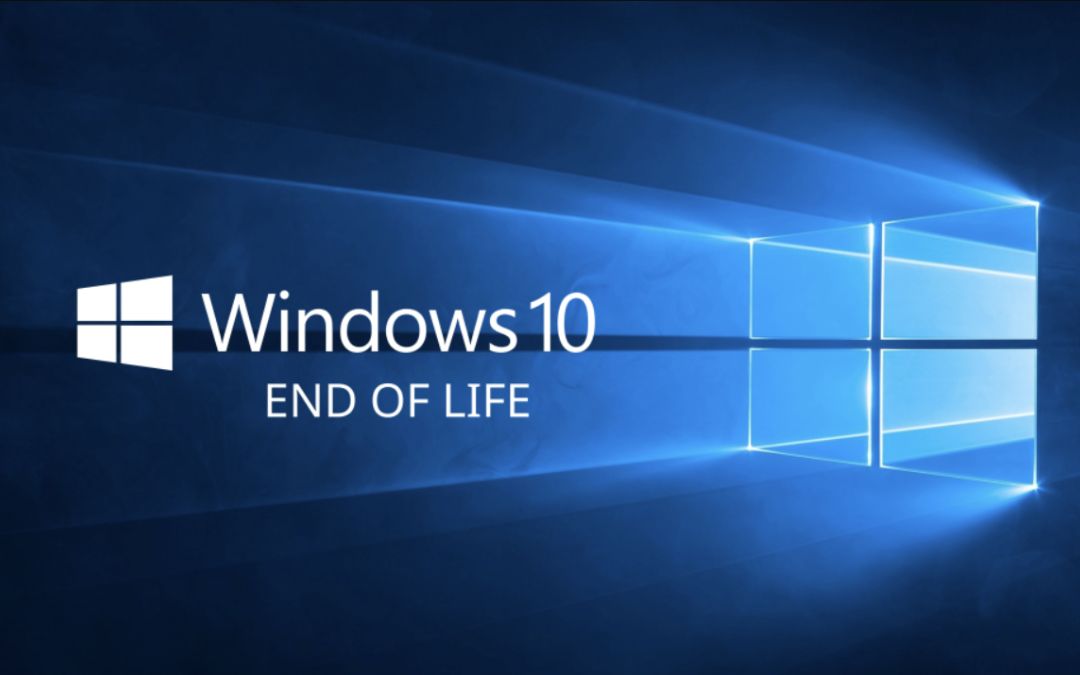
In today’s blog we’re going to look at a topic that’s particularly close to my heart. Managed IT Services vs. Traditional IT Services. We’ll explore what these terms really mean, what the difference is between them, and crucially, which one is right for your business.
The contemporary business landscape has been transformed by technology. Companies rely heavily on their IT systems to meet their daily operational requirements. Good IT can save you thousands while also increasing your success and profitability whereas IT problems can have the opposite effect. That’s why the reliability and safety of your IT systems is of the utmost importance, and businesses need to choose the right IT service provider to fit their unique needs.
Managed Service Providers (MSPs) and Conventional IT Service Providers (CSPs) are the two primary categories of companies offering IT services. But what are the differences? Which is best? And which one is right for you? In this article, we’ll compare managed and traditional service providers to help you make an informed decision for your business.
First, let’s start by defining what each of these terms means.
Managed IT Services
Managed IT Services offer a proactive approach. This is where a service provider manages a client’s IT infrastructure actively, continuously monitoring, maintaining, and supporting all systems. The MSP will provide an extensive range of services such as network management, backup and disaster recovery, cybersecurity, infrastructure management, and more. This work is underpinned by the provider’s dedicated team of IT experts and specialists whose job is to ensure optimal functioning and performance of their customers’ systems.
Managed IT Services are comprehensive and include a broad range of services, such as security, network management, Cloud Managed Services, and remote IT services. From the outset, providers supply clients with service level agreements (SLAs) that specify the performance metrics and standards by which they will operate. This ensures they are accountable for meeting agreed-upon performance expectations. They also provide continuous security monitoring and remediation to prevent cyber threats, which helps businesses avoid security breaches and minimize downtime, leading to reduced costs.
In summary, Managed IT Services make it easier for organizations to adapt their IT infrastructure to meet their ever-evolving demands. MSPs allow their clients to tailor their IT support to their specific needs while paying a consistent monthly charge. This can aid in the scalability of IT service delivery as firms expand or modify their requirements.
Want to find out more about working with a Managed IT Services provider? Visit the Operum.Tech website to find out more about how we can help your business or organisation. Click here!
Traditional IT Services
Traditional IT Services are reactive, and the service provider only responds to clients’ IT issues as they arise. For example. they may provide ad-hoc support, troubleshoot technical problems, and provide support for specific projects. This approach is commonly known as “break-fix” support. The scope of traditional IT services tends to be narrower, encompassing only the needs of a single client or a single project. Support could be provided on an individual basis if needed, to help with specific technical problems.
Managed IT Services vs. Traditional IT Services
The primary difference between Managed and traditional IT services is the former’s proactive and tailored nature. With Managed IT Services, the service provider takes responsibility for the client’s IT systems and ensures they are running smoothly, efficiently, and securely. As we explained above, this is achieved by continuously monitoring, maintaining, and supporting systems, adopting a more all-encompassing approach to IT administration. Using their expertise, MSPs can provide proactive support, preventing downtime, tackling inferior performance and inefficiencies, and resolving any complications proactively and ahead of time. In contrast, traditional IT Services only provide support when a problem arises.
Which Approach is Right for Your Business?
The decision between Managed IT Services and traditional IT Services will depend on your business’s specific needs and goals. If you want proactive monitoring and support to prevent downtime and security breaches, then Managed IT Services may be the best option for your business. Managed IT Services are cost-effective and can save businesses money by preventing costly downtime and security breaches. Additionally, MSPs typically offer a range of services and pricing plans to meet the needs of businesses of all sizes. They specialise in preventing problems from happening.
On the other hand, if you have limited IT needs and want a more reactive approach to IT support, traditional IT Services may be the best option. However, it’s essential to consider factors such as your business’s size, industry, and IT requirements when making this decision. In conclusion, Managed IT Services and traditional IT Services differ significantly in their approach and what they include. While there is no right or wrong, there is no denying that Managed IT Services offer a more all-encompassing approach that can be tailored to your specific needs, including being scaled up and down to fit your budget, and that they provide a way of avoiding costly issues before they arise, which could ultimately save you a considerable amount of money.
If you would like to find out more about IT support in London and nationwide from an experienced and trusted Managed Service Provider, visit the Operum.Tech website and speak to one of our friendly team today. Click here!
Frequently Asked Questions (FAQ) about Managed IT Services vs. Traditional IT Services:
Q: What are Managed IT services?
A: Managed IT services are a proactive approach to IT where a service provider manages a client’s IT infrastructure and systems. This method ensures that the client’s systems always run efficiently and securely. Managed IT includes a range of services such as network monitoring, backup and disaster recovery, cybersecurity, and more.
Q: What are traditional IT services?
A: Traditional IT services refer to a reactive approach where a service provider responds to a client’s IT issues as they arise. They may provide ad-hoc support, troubleshoot technical problems, and provide support for specific projects.
Q: What is the difference between Managed IT services and traditional IT services?
A: The primary difference between the two approaches is that Managed IT services are proactive, while traditional IT services are reactive. With Managed IT services, the service provider takes responsibility for the client’s IT systems and ensures they are running smoothly. Traditional IT services, on the other hand, only provide support when a problem arises.
Q: What are the benefits of Managed IT services?
A: One of the key benefits of Managed IT services is that they help businesses reduce downtime and prevent security breaches. Managed IT services provide proactive monitoring and maintenance, which can help prevent issues before they cause problems. They can also provide ongoing security monitoring and remediation to prevent cyber threats. Additionally, Managed IT services offer predictable costs and allow businesses to scale their IT infrastructure as their needs change.
Q: How much do Managed IT services cost?
A: The cost of Managed IT services can vary depending on the services offered and the size of the business. However, many businesses find that Managed IT services can save them money by preventing costly downtime and security breaches. MSPs typically offer a range of services and pricing plans to meet the needs of businesses of all sizes. Businesses can choose the services they need and pay a predictable monthly fee, which can help them plan their IT budgets more effectively. However, the easiest way to get an idea of the cost it to head to our price calculator and run few simulations based on your specific requirements and the size of your team. Check out our affordable Pricing – Operum webpage now to find out more.
Q: Which approach is right for my business?
A: The decision between Managed IT services and traditional IT services will depend on your business’s specific needs and goals. If you want proactive monitoring and support to prevent downtime and security breaches, managed IT services may be the best option for your business. If you have limited IT needs and want a more reactive approach to IT support, traditional IT services may be the best option. It is important to consider factors such as your business’s size, industry, and IT needs when making this decision. Ultimately, the choice is yours.
Sign up below to join the Operum newsletter



